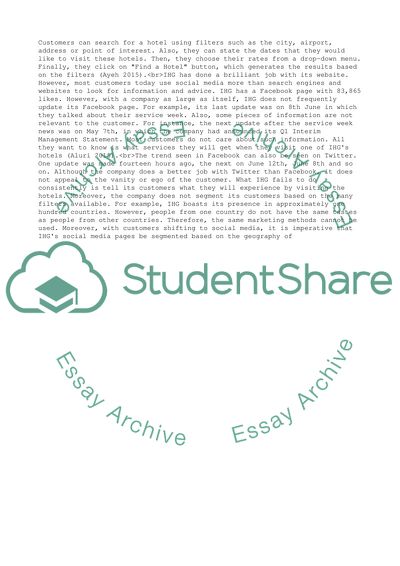Cite this document
(“Product management- product portfolio and recommendations Essay”, n.d.)
Product management- product portfolio and recommendations Essay. Retrieved from https://studentshare.org/business/1698104-product-management-product-portfolio-and-recommendations
Product management- product portfolio and recommendations Essay. Retrieved from https://studentshare.org/business/1698104-product-management-product-portfolio-and-recommendations
(Product Management- Product Portfolio and Recommendations Essay)
Product Management- Product Portfolio and Recommendations Essay. https://studentshare.org/business/1698104-product-management-product-portfolio-and-recommendations.
Product Management- Product Portfolio and Recommendations Essay. https://studentshare.org/business/1698104-product-management-product-portfolio-and-recommendations.
“Product Management- Product Portfolio and Recommendations Essay”, n.d. https://studentshare.org/business/1698104-product-management-product-portfolio-and-recommendations.


